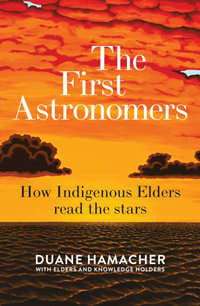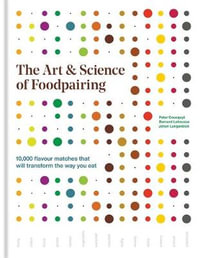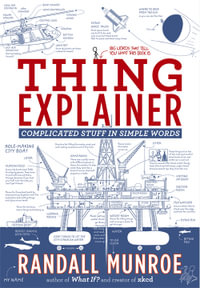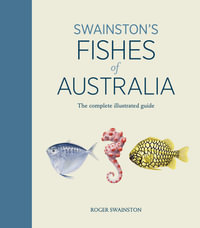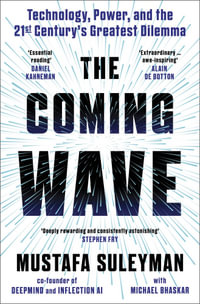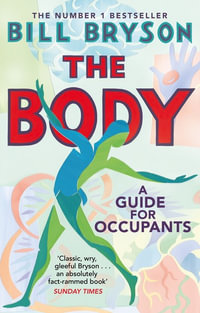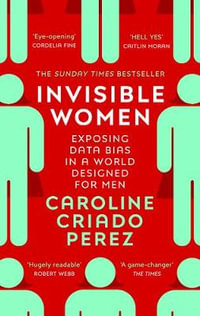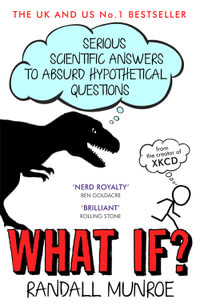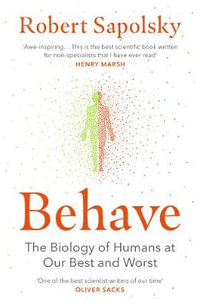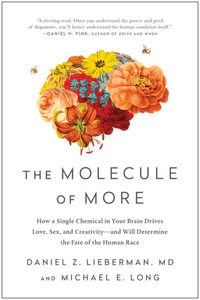James Nestor's Breath meets Mary Roach's Gulp in a fascinating tour of our most essential sense for perceiving the world around us--and the story of how it became our most neglected.
Smelling is one of the most natural things we do. We take over 20,000 breaths a day, interacting with a host of scents with each one. Smell is also one of our most sensitive and refined senses; only dogs surpass our ability to perceive scents in the animal kingdom. Yet, as the millions of people who lost their sense of smell during the COVID-19 pandemic can attest, we too often overlook its role in our overall health.
Now, one of the world's leading researchers on smell Jonas Olofsson reveals the fascinating science behind this forgotten sense. Drawing from cutting-edge original research, Olofsson reveals not only that the human sense of smell is extraordinarily sensitive, but how it engages our brain's full capacity. In fact, olfaction begins not in the nose, but in the brain, even before an odor's molecules reach our smell receptors. Our memories, personalities, preferences, and expectations shape the way we interact with scents, with profound implications for how we perceive the world around us.
With playful curiosity and a breadth of scientific interest across neuroscience, psychology, linguistics, and even literature, The Forgotten Sense reveals the wonders of smell, and all that we lose in neglecting it. We meet ancient philosophers who prized smell as well as the nineteenth-century scholars who associated it with "beastly" instincts and charted its devaluation for over a century. Olofsson untangles the role of smell in human evolution and answers the question of why two people can interpret the same smell differently. And, crucially, we see smell as the intellectual exercise that it is, with invaluable insight into how we might train our brains to strengthen and even regain our sense of smell after illness.
For readers of Bill Bryson and Steven Pinker, The Forgotten Sense reveals the depths of the most understudied function of human life.



